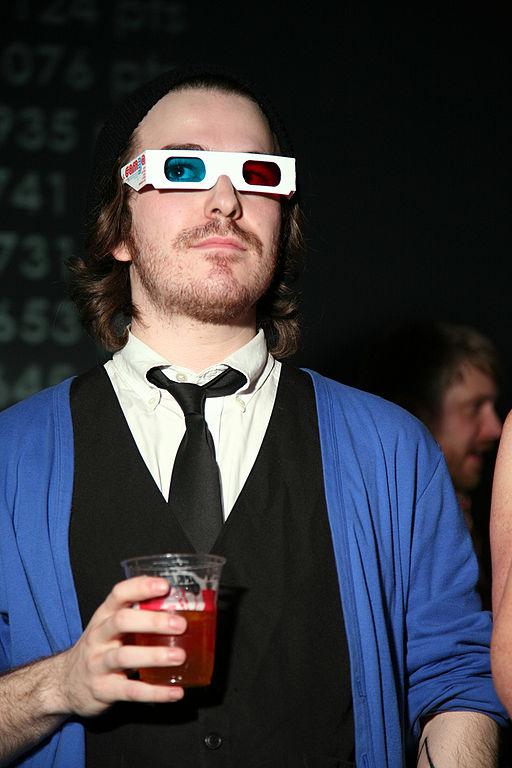An independently produced game was canceled on Saturday night, and I care. It’s not just me, though—a lot of people care. That, in and of itself, is an amazing achievement for the independent gaming industry. This wasn’t a giant, beloved intellectual property dying a sad, public death. It wasn’t a major studio with endless cash reserves deciding that market testing wasn’t going so well. It was just a very smart, very flawed man who decided he didn’t want to put up with a constant barrage of abuse from Internet people any more, so he took his game and signed off.
The game was Fez II, sequel to the award-winning Fez, which is about jumping around and collecting things in multiple dimensions. If you haven’t played Fez, imagine Super Mario Bros., except if your TV were a cube you could turn to see hidden parts of the game. It was a clever, mind-bending trick, and the game had a lot of excitement around it even before it was released. Now it appears that we won’t be getting a sequel, because the vocal Internet made the main person responsible for the game give up.
Fez’s twentysomething designer, Phil Fish, was well known for his somewhat abrasive personality, which made him a great central figure in last year’s documentary Indie Game: The Movie. He’d threatened to take his toys and go home so often, it’s not a tremendous surprise that he finally did it after a protracted Twitter war in which a game reviewer lambasted him for not divulging information about the upcoming Xbox One. “this is as much as i can stomach,” he posted on Saturday. “this is isn’t the result of any one thing, but the end of a long, bloody campaign. you win.”
There’s been a good amount of outrage and debate now that it’s happened, and I believe that level of debate signifies something very important: Fans assumed that Fez II, which rested almost entirely on one person, was going to be a good game.
That’s an incredible amount of pressure for anyone. Fans can place these same expectations on major companies with deep pockets to spend on things like focus testing, new artists, and massive teams of coders. But such games are the product of very large groups, and no one or two people are truly responsible for failure or success. When the fans get mad, they have a pretty wide target to hit, and that can be a very good thing. This, for instance, is the response to the alteration of gun reload times by one-tenth of a second in Call of Duty: Black Ops 2. It’s good for everyone that their moronic anger is spread out across a large team of people.
With an independent studio, fans can focus their excitement or their rage directly on a single person who must bear all of their emotions, both good and bad. I can’t imagine how euphoric is must be to have thousands and thousands of people telling you how awesome you are. But that invincibility shield cracks when thousands more pile on about how you’re stupid, ugly, and should be tried at the Hague for war crimes. But those are just examples.
There are lots of indie game designers like Phil Fish. I exist on the periphery of the independent games circuit as a voice actor, so I’m lucky enough to actually talk regularly to people within the industry and get their take. I asked Dan Silvers, designer of the upcoming Children of Liberty, what he thought about the whole situation. He’s passionate about the games industry, and like any human, has times when he’s proud of he’s creations, and times when he loses confidence. It’s at those times when the loud, angry nerds are truly heard. “Even when the overwhelming majority loves what you do, that little bit of hate stands out,” he said. Phil Fish saw more than a little bit of hate, and now we’re down one potentially awesome game.
